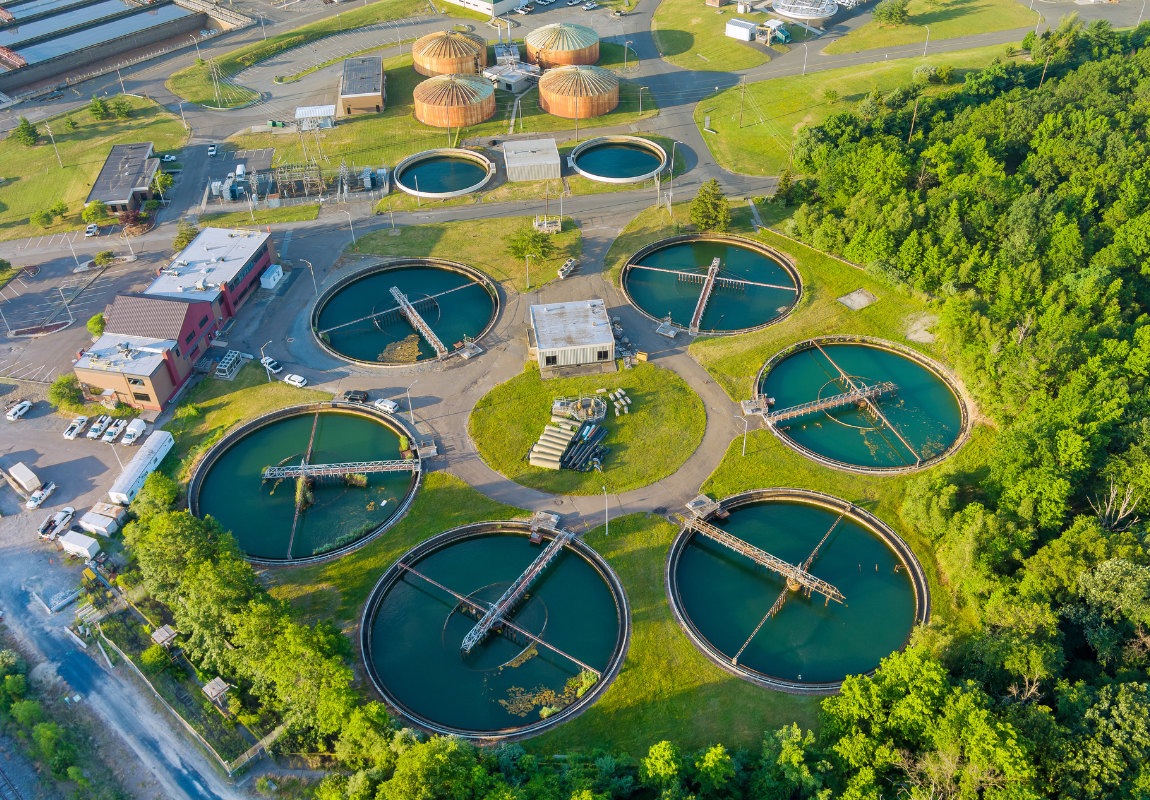Burying cash in bottles is such old hat… Its water that matters
There’s a reason why Rachel Reeves, in common with every Finance Minister on Earth, should favour infrastructure investment and the root of the reason is a long-legged fellow from Cambridge: John Maynard Keynes to be precise, or Keynesianism if we’re to rate legacy above flesh and blood (which I suppose we should). Back in 1928, Keynes ridiculed the UK Treasury for insisting nothing could be done about rising levels of unemployment and falling interest rates. To understand just how heretical his views seemed at the time, simply substitute George Osborne and Rishi Sunak for Stanley Baldwin (unattractive as that image might be). Keynes, though, was a man of conviction, so he didn’t care that much who he offended…and he certainly wasn’t in any mood to mince his words:
“If all forms of capital investment were to be rendered suddenly redundant, the rate of interest would sink towards zero and the rate of unemployment would rise towards heaven” (Skidelsky: The Life of John Maynard Keynes: Vol 2 The Economist as Saviour, p.302). The following year Keynes articulated his views even more stridently (and famously) in his pamphlet Can Lloyd George Do It ?: “Only public works can jolt a sluggish economy back to life…There is work to be done, and there are men to do it. Why not bring them together?”.
Why not indeed?
And allowing only for the fact that men and women will now be doing the work, that’s pretty much what Rachel Reeves is up to. Latter-day Baldwinites sitting on today’s opposition benches might (and do) argue that infrastructure investment is disruptive of growth in a properly balanced economy (step forward Sir Mel Stride MP)…but today Keynes would counter, exactly as he did all those years ago, that “…the forces of prosperity, like the forces of trade depression, work with cumulative effect”. And of course, Mr Stride and his colleagues know a great deal about trade depression…
And so it comes about in this context, barely a week after completing her Spending Review, that Ms Reeves has now announced a sweeping series of infrastructure measures with all the alacrity and restless energy of a wide-eyed child in a sweet shop.
For example, UK regional transport projects are promised £15.6 Billion; Sizewell C gets £14.2 Billion (I’m dangerously agnostic on that one), and there will be tens of Billions too for “major rail projects” as well as £9 Billion for investment in carbon capture, usage and storage technologies (hurrah). Lord Keynes would certainly give a hearty thumbs up to all of that…after all, this was the man who advocated the virtues of paying one group of workers to bury bottles filled with five-pound notes and then paying another group to dig the bottles up and spend the cash.
What about the Planet?
But that’s all becoming a bit too hypothetical: let’s focus instead on the more tangible future…in particular, the future of our precious Planet. Just this week sixty of the world’s leading experts warned that within the next three years, we are likely to breach the 1.5C global warming target set ten years ago in Paris (https://climate.leeds.ac.uk/). Adverse climate events, such as flooding, forest fires and insidious pollution of our rivers and drinking water are now happening with increasing frequency. So wouldn’t it be nice if some of those new infrastructure projects could address issues like that too? Well, the good news is that they are.
For example, literally hidden away among the weeds of the Reeves Programme is a commitment to fund the UK’s largest ever flood prevention initiative: to the tune of some £7.9 Billion, with key measures including wetland site restoration and long-term community protection against extreme weather events.
And half a world away, in India, Prime Minister Modi’s Government has embarked on a series of infrastructure projects designed to ensure critical water supply facilities, as well as the Subcontinent’s used water treatment capabilities, are fully fit for purpose: not only to meet rapidly changing climate conditions but also to address an increasing trend towards urbanisation within the Subcontinent itself (which has placed unprecedented stress on existing clean water facilities across metropolitan centres). The Indian Government is bringing the various strands of that programme together by way of its unified “One Water” approach: fully integrating water supply, sanitation, and wastewater management methodologies where the facilities are needed most.
The Union Budget for 2025.26 has already allocated $22.6 Billion to start turning the vision into hard reality, in addition to which an extra $11.6 Billion is being made available for water sanitation projects (particularly in urban areas), conducted under the aegis of the Urban Challenge Fund (www.impriindia.com/insights/urban-challenge-fund/). Digital innovation and sustainability are also, inevitably, at the heart of everything: with a key focus on integrated water management and circular water usage.
And it’s precisely in areas such as these that insightful infrastructure investment can really be made to count: helping build a resilient and water-inclusive future for us all. India already knows that, so it’s good to know the UK Government is coming on board as well.
And Keynes would have been proud too…after all, it’s a whole lot better than burying five-pound notes in bottles.
Invest in Red Ribbon Asset Management

Red Ribbon Asset Management (www.redribbon.co) aims to harness the full potential of fast evolving and emerging technologies to meet the needs of global communities as part of a circular economy, fully recognising the compelling demands of planet people and profit.





.jpg)
.jpg)

Leave a Reply